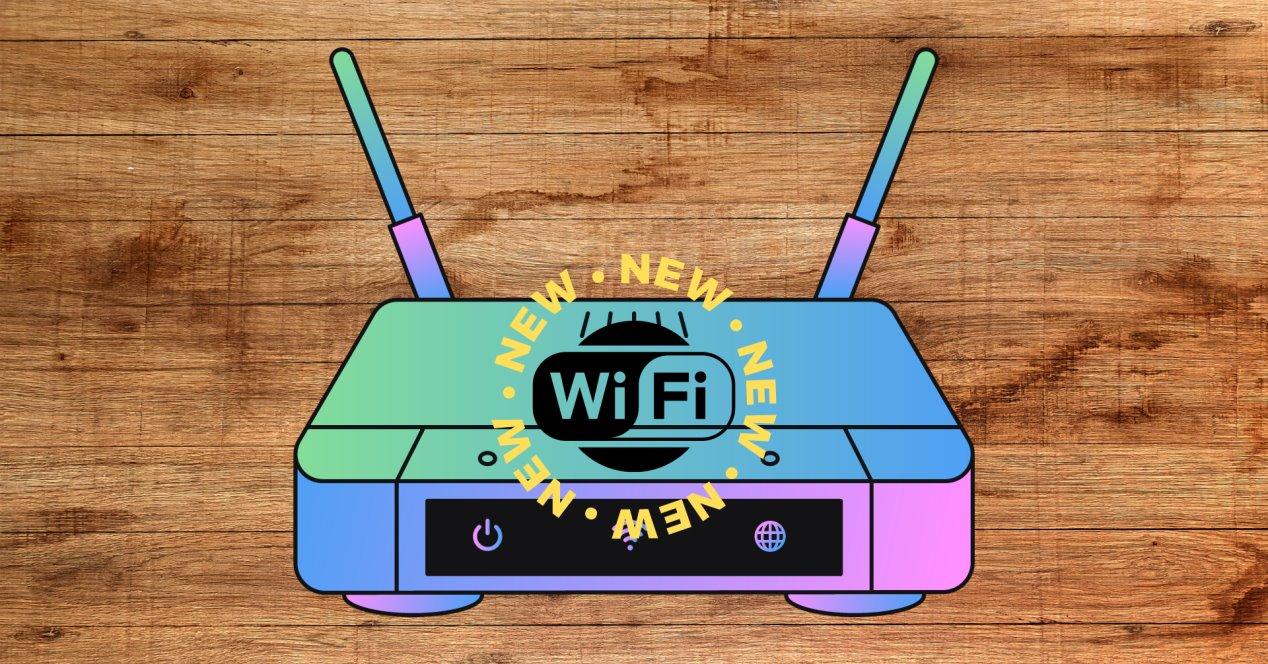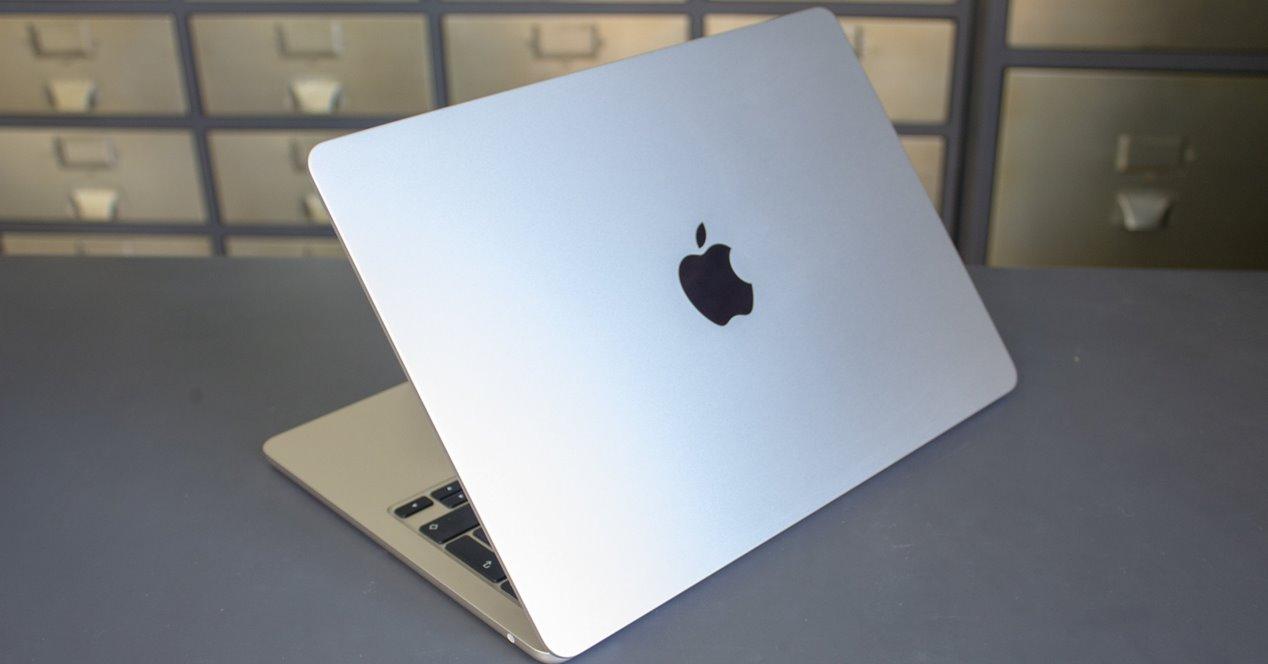
Therefore, you use the Internet on your computer through a browser, which accesses the Web (World Wide Web), which is what contains all the information you need. Social networks, online stores and streaming services like YouTube can be found on the World Wide Web.
It’s okay to connect to a public WiFi
Ok, this is something that most Internet users are already clear about, but there are still people who are so hooked on their mobile phones that they connect to every Wi-Fi network within reach in order not to consume their data rate. In many cases nothing will happen, but it must be taken into account that public WiFi networks can often have what is known as a “honeypot”, and they are precisely looking for inexperienced users to connect in order to access their data.
On the other hand, keep in mind that a public WiFi is public because everyone can access it, and therefore you will most likely be sharing the connection with many other users who, as part of the same network, will have access to your device. Careful with this.
Closed door blocks wireless signal
When you are inside a closed space, such as at home, you can get quite frustrated if the WiFi connection is not working for you. The quality of the connection depends on many factors, and among them is the distance between the transmitter (the router) and the receiver (your laptop or smartphone, for example), and certainly there are factors such as the presence of electromagnetic equipment, walls ( especially if they are tiled because the ceramic acts as a natural deflector) or the presence of metals that can reduce the WiFi signal.
However, and with this we come to the crux of the matter, there are many people who think that by having the door of the room closed they will also lose strength in the WiFi signal. This is a common myth that many people still believe and that, in most cases, is not true… it is not that the WiFi signal is going to look for a clear path between the transmitter and the receiver, making curves as if it were a Google guiding you with the GPS… no, it goes in a straight line, going through walls and whatever is in between, so the signal will not “sneak” through the door nor will it be “blocked” if you have it closed.
Artificial Intelligence is already smarter than humans
With the rise of Artificial Intelligence services such as ChatGPT, it is a concept that is on everyone’s lips today, although it is true that the Artificial Intelligence concept has been with us for decades. In any case, such is the performance of the AI tools that they are creating in recent times, that many already think that Artificial Intelligence is already more intelligent than a human being.
In reality, this is not the case: an Artificial Intelligence is still a database, which effectively has a lot of data to access, and through the Machine Learning It is learning the paths that it must take, that is, the data that it must collect depending on what is requested. However, you can “teach” an AI the wrong things and it will take it as good, since in reality there is no “intelligence” as such behind it… In other words, AIs do not have the ability to think or deduce on their own. themselves, at least for now, and are therefore no more intelligent than human beings.
The computer produces harmful radiation
Surely you have heard or read many times that the radiation from mobile phones is harmful to health, that even sleeping with your mobile phone on the nightstand can affect your sleep or that carrying it in your pants pocket can leave you sterile. The same is true of WiFi devices, and some even say the same about a computer, even if it doesn’t have anything wireless as such.
Well, in this regard you should know that everything is false, at least as far as is known. The FDA (American Food and Drug Association) has already stated that there is no relationship between the wireless waves that a mobile device, PC or laptop can produce with any type of health problem.
Apple products cannot have viruses
Many of Apple’s users boast that their products always work well and that they cannot be affected by computer viruses… well, this is not the case: they can be infected just like a Windows PC (the only difference is that their operating system is based on UNIX), it just so happens that because the population using these devices is marginal compared to Windows, hackers don’t usually bother much to develop new viruses.
In other words: this technological myth is completely false, and Apple computers and other devices can be infected by viruses just like everyone else. By the way, be especially careful to those who think this, because there are other types of attacks that can be suffered and that are independent of the device, such as phishing by email.





